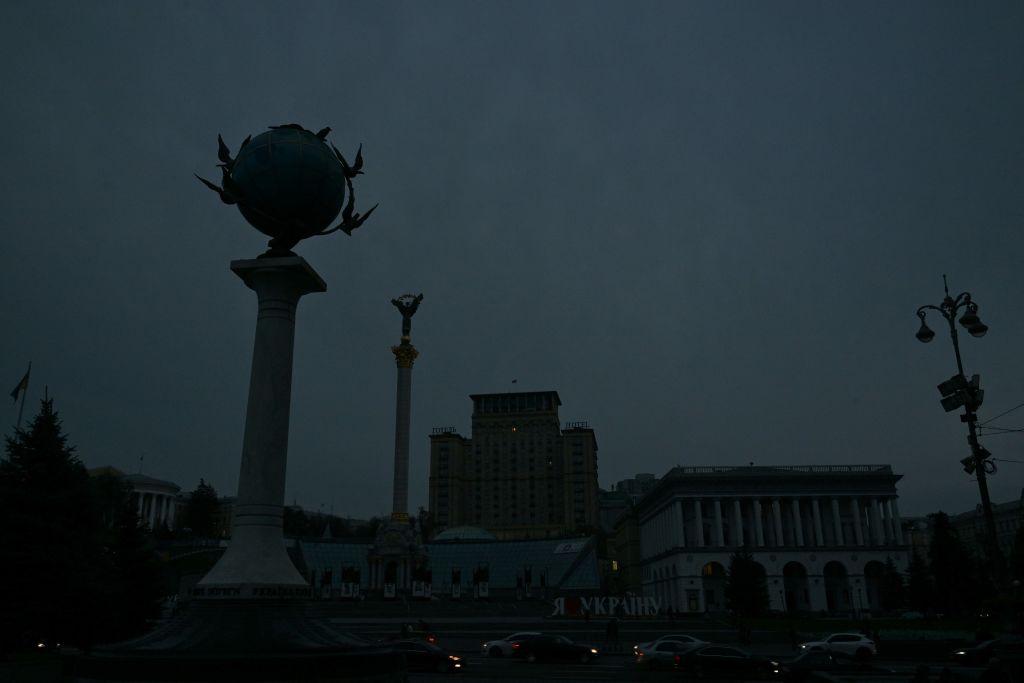Ukraine and Moldova experience power outages from Russian attacks


A free daily email with the biggest news stories of the day – and the best features from TheWeek.com
You are now subscribed
Your newsletter sign-up was successful
Russian attacks on Ukraine on Wednesday have caused widespread power outages in the country as well as in neighboring country Moldova. The attacks have killed at least one person and left around 20 wounded, per The New York Times.
"We have confirmation of hits on critical infrastructure facilities in several regions," said Kyrylo Tymoshenko, deputy head of the Ukrainian president's office. Powered outages occurred in Kyiv city and surrounding areas, Kharkiv to the north, Lviv to the west, the northern Chernihiv region, and in the Odesa region to the south, The Associated Press reported. Moldova is also experiencing widespread power outages because much of its infrastructure is linked to that of Ukraine.
Russia has targeted Ukrainian infrastructure throughout the war, spelling trouble for the upcoming winter. Ukraine has instilled power cuts to prevent further damage to the energy systems, however, the weather is getting colder. Temperatures are beginning to dip below 0 degrees Fahrenheit. "Saving electricity remains critically important," said Prime Minister Denys Shmyhal on Tuesday.
The Week
Escape your echo chamber. Get the facts behind the news, plus analysis from multiple perspectives.

Sign up for The Week's Free Newsletters
From our morning news briefing to a weekly Good News Newsletter, get the best of The Week delivered directly to your inbox.
From our morning news briefing to a weekly Good News Newsletter, get the best of The Week delivered directly to your inbox.
There is also no telling when the situation will let up with one Serhiy Kovalenko, CEO of Ukrainian power provider Yasno saying "there may be no light for a very long time." He added, "Ukrainians will most likely have to live in a shutdown mode until at least the end of March," but that it's completely dependent on Russian attacks.
"Russia must be isolated at all levels and be held accountable in order to end its longstanding policy of terrorism in Ukraine and across the globe," Ukrainian President Volodymyr Zelensky on Twitter.
A free daily email with the biggest news stories of the day – and the best features from TheWeek.com
Devika Rao has worked as a staff writer at The Week since 2022, covering science, the environment, climate and business. She previously worked as a policy associate for a nonprofit organization advocating for environmental action from a business perspective.
